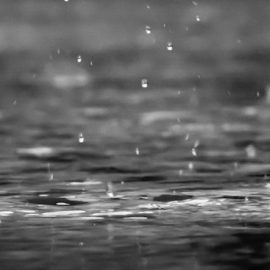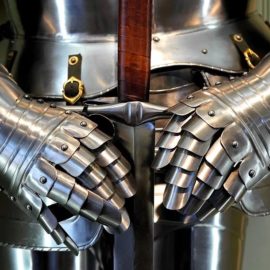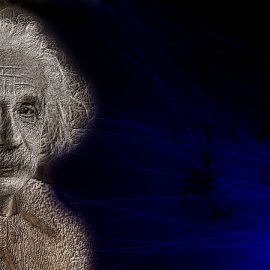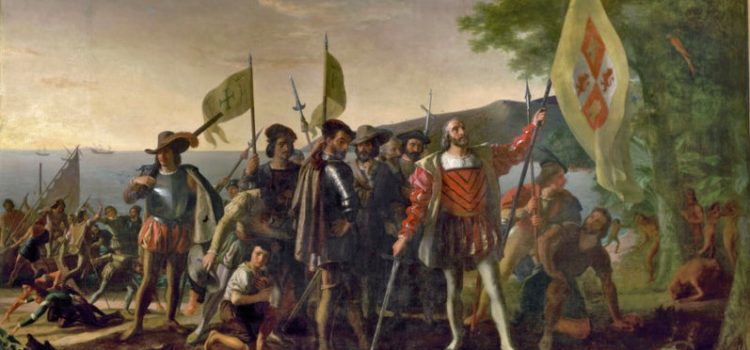
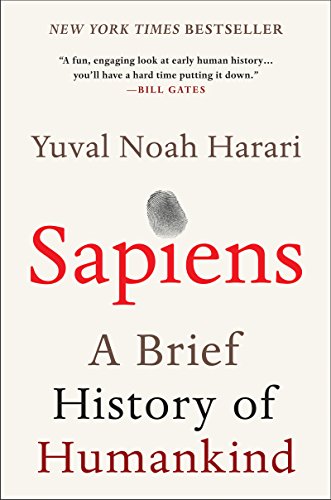
This article is an excerpt from the Shortform summary of "Sapiens: A Brief History of Humankind" by Yuval Noah Harari. Shortform has the world's best summaries of books you should be reading.
Like this article? Sign up for a free trial here .
Clearly, ignorance played a role in Christopher Columbus’s “discovery” of America: He thought he had landed at what would later be known as the Indonesian archipelago, for one, and he also thought he was the first European to land there (the first was probably Viking Leif Eriksson). But how did Christopher Columbus’s voyages exemplify the ignorance of his time? And how did his voyages spark the Scientific Revolution?
We’ll cover some of the sources of ignorance of Christopher Columbus’s discovery of America and look at how his voyages marked a turn to science.
Christopher Columbus’s Discovery of America: Ignorance of Ignorace
Although we think of him today as the “discoverer” of America, Christopher Columbus falls in with the old guard of Europeans unwilling to acknowledge the ignorance of his times. Christopher Columbus’s voyages would help shift public and scientific thought on the value of accepting your ignorance.
When Columbus reached what we now call the Bahamas in 1492 and named the people he found there “Indians,” it was because he believed he had reached what we now call the East Indies or the Indonesian archipelago. Columbus stuck to this claim for the rest of his life, even when, in 1502, Italian Amerigo Vespucci argued that the discovered area was a land previously unknown to Europeans and the Scriptures. It was unfathomable to Columbus and most of his contemporaries that there could be an entire continent completely unknown to Europeans and the Bible. Although we say Columbus discovered America, Columbus was unwilling to believe that he had.
But the prevalence of this attitude soon started to wane. In the 15th and 16th centuries, Europeans started making maps with empty spaces, rather than filling unknown areas with false details or imaginary monsters. It showed they admitted their ignorance of the world. Further, the gaps in the map provided ambitious explorers the motivation to fill them.
The Legacy of Christopher Columbus’s Voyages
Columbus’s discovery of America jump-started the Scientific Revolution. It showed Europeans their ignorance about the world and demonstrated the occasional need to trust observations over Scripture. It also motivated Europeans to conquer these previously-unknown lands, and in order to do so, they needed to collect data on the geography, climate, plants, animals, and cultures of the Americas. They needed science to better prepare them to rule strangers. They established global empires and trade networks that brought isolated civilizations together. This was also when disparate cultures started to merge, forming a single worldwide society.
Even when non-European empires like Ottoman, the Mughal, and the Chinese were aware of the lands Europeans were “discovering,” they weren’t interested in conquering faraway lands themselves. What set the Europeans apart from Asian kingdoms like the Ming dynasty is that Europeans had the ambition to conquer. Because North and South America were open playing fields, Europeans got all the wealth and resources of these lands, which allowed them to go back and invade parts of Asia, too.
The Power of Ignorance to Build Empires
The story of how Christopher Columbus “discovered” America shows that his beliefs were based more on the Bible than on science.
Science gave Europeans practical advantages, but these advantages weren’t huge. Later, modern science would bring empires huge technological advances such as machine guns, canned food for soldiers, railroads, medicines, and the atomic bomb. But in the beginning of Europe’s imperial dominance, what gave European empires the edge was the fact that, unlike Christopher Columbus, scientists and naval officers both admitted their ignorance and shared the desire to make new discoveries. Scientists admitted they didn’t know everything about plants, animals, and the stars; officers admitted that they didn’t know every land on earth. Both had an insatiable drive to fill these gaps in knowledge, and both believed that with knowledge came mastery.
Although this thirst for knowledge seems natural to us now (in large part because we are the descendants of this mindset), it was unlike any imperial attitude in history. The Arabs, for example, believed they knew everything there was to know about the world. They didn’t conquer Spain, Egypt, or India to learn more. They conquered these nations to spread their own knowledge rather than gain new knowledge.
Prior to the 15th century, many Europeans had the same attitude. Empires created and used world maps that were full of detail, even when those details weren’t actually known to be true. Whatever a mapmaker didn’t know, he’d make up. Rulers and the mapmakers they employed weren’t willing to acknowledge their ignorance. It was these maps that Christopher Columbus was using when he discovered America.
———End of Preview———

Like what you just read? Read the rest of the world's best summary of "Sapiens" at Shortform . Learn the book's critical concepts in 20 minutes or less .
Here's what you'll find in our full Sapiens summary :
- How Sapiens outlived and outlasted the 8+ other human-like species on Earth
- The 3 critical revolutions in human existence that led to our domination of the planet
- How much of what powers our world today is really just a shared mass delusion
- What the future of humanity might look like



